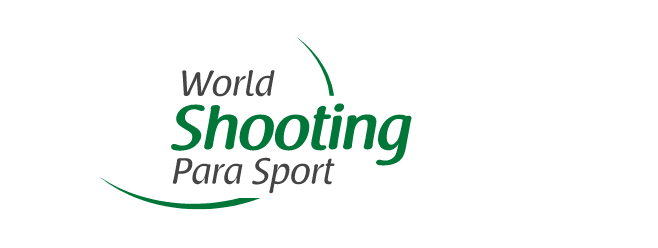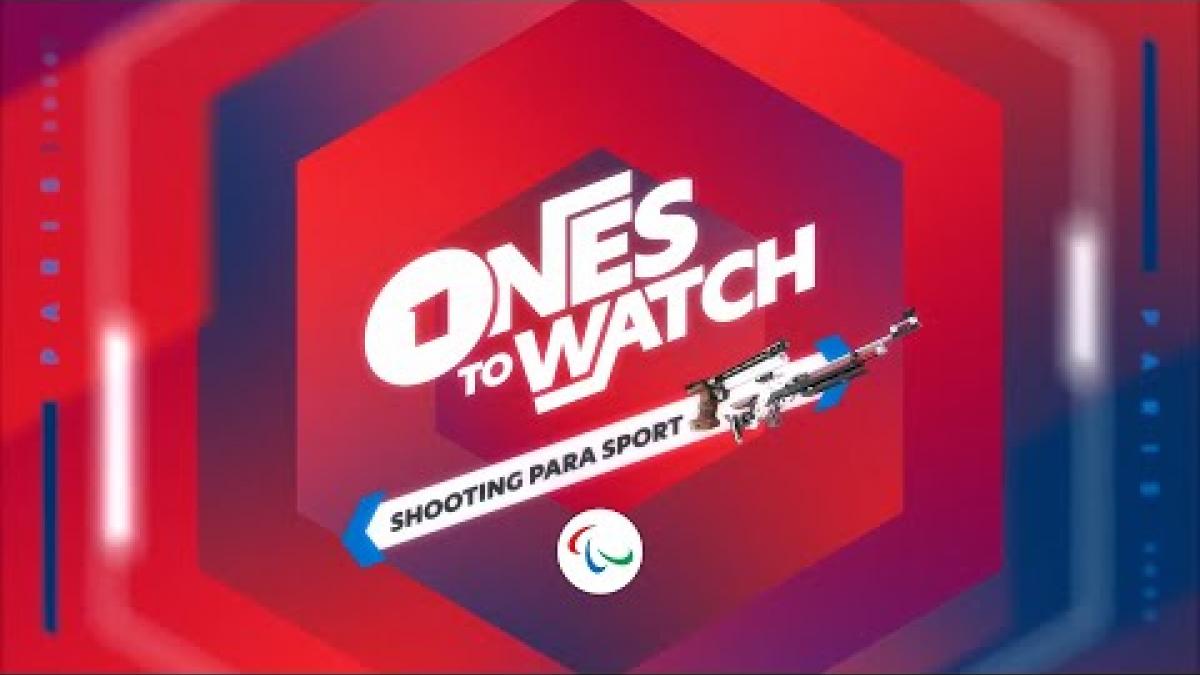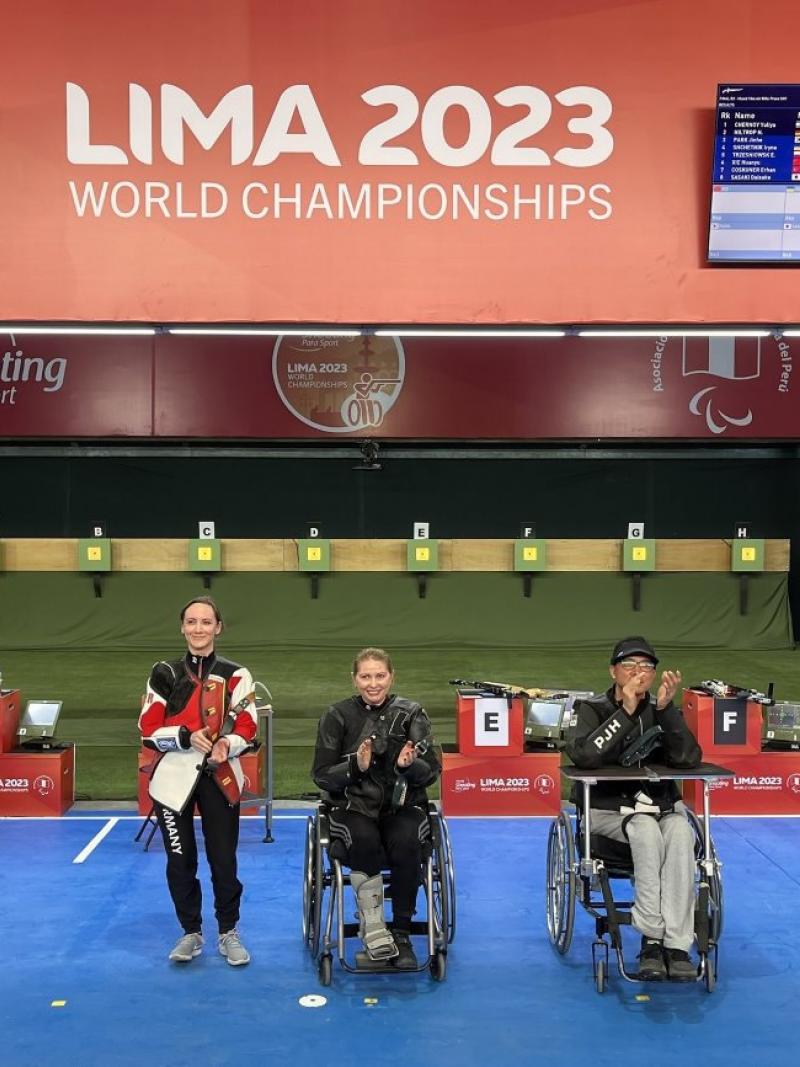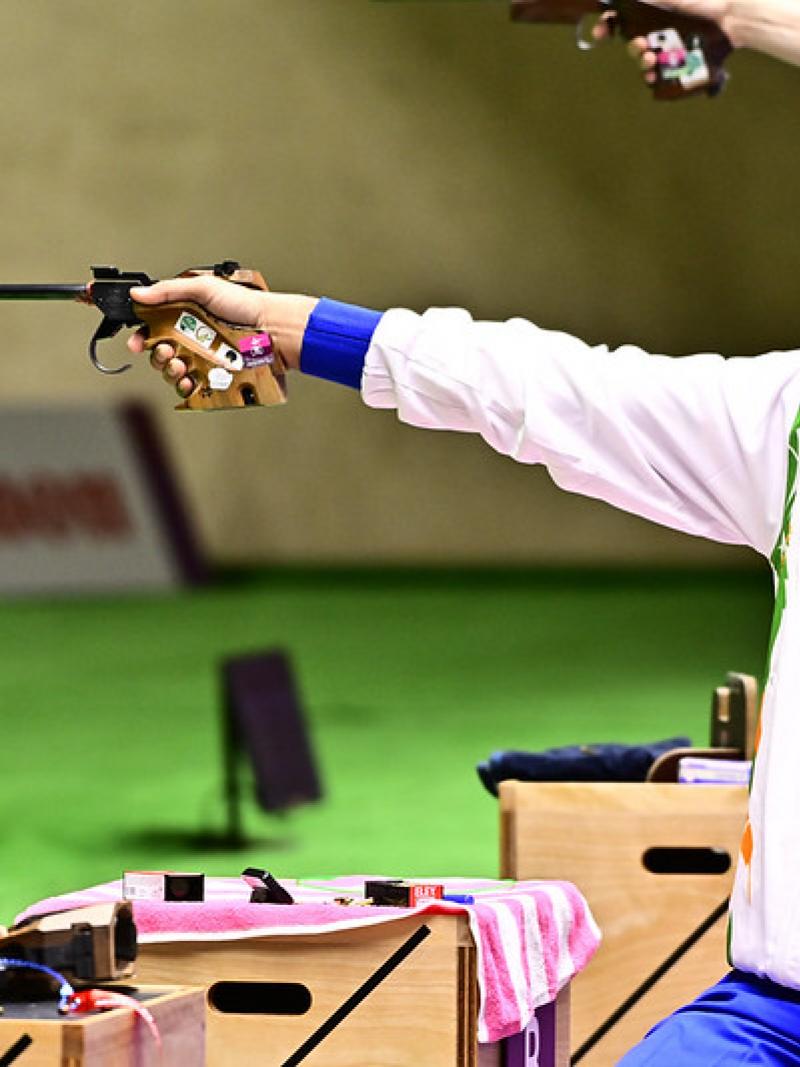Karoly Takacs, the Para athlete who achieved Olympic glory
Hungarian made history with two gold medals in pistol shooting at the London 1948 and Helsinki 1952 Olympic Games 26 Jul 2024Shooting has been part of the Paralympics since Toronto 1976, but three decades earlier, a Hungarian Para athlete was already making history in the sport. Karoly Takacs is a two-time Olympic pistol champion, having won at London 1948 and Helsinki 1952. He was the first athlete with a disability to reach the podium in shooting at the Olympic Games.
Born and raised in Budapest, Takacs joined the Military Physical Education Institute after graduating from school. There, he practiced other sports, such as skiing, athletics, and boxing, but his passion was pistol shooting, spending hours at the shooting range. Although he quickly proved to be one of the best athletes in the country, Takacs saw his hopes of representing Hungary at the Berlin 1936 Olympics vanish because the rules at the time did not allow non-commissioned officers to compete.
The rules changed after the Berlin Games, allowing Sergeant Takacs to finally have his chance at the next Games, scheduled for Tokyo in 1940. However, two years after Berlin, his life changed dramatically. A defective grenade exploded in his right hand – his pistol hand – during a military exercise, and it could not be saved. Due to his sporting achievements, the Ministry of Defence authorized Takacs to continue in the army, and while still recovering, he began practicing in secret using his left hand.
A year after the accident, he was already a member of the Hungarian team at the 1939 World Championships in Lucerne, Switzerland. World War II forced the cancellation of the 1940 and 1944 Olympics, but Takacs qualified for the Hungarian Olympic Team for the 1948 Games in London as a multi-national champion in the rapid-fire pistol, 25 metres.
Gold in London
At 38, Takacs finally realized his dream of representing his country. On August 4, 1948, he was one of the 59 athletes from 22 nations competing in the men's 25m rapid fire pistol at the Bisley Ranges.
The event was held in a new format at the Olympics. Each shooter took 60 shots from 25 metres, in two courses of 30. Each course consisted of six series of five shots fired while the target was in view. There were two series with the target in view for 8 seconds, two series with it in view for 6 seconds, and two series with it in view for 4 seconds. Scoring was first by the number of targets hit, and then by score. The target was a silhouette figure of a man, 1.60m in height and 0.45m wide, with 10 scoring rings.
Takacs was so confident about his chances of winning gold that he even wrote his victory speech before the competition. "I knew that I wouldn't have time for that after the event, and I don't like to talk in a hurry," he explained afterward. The favourite, however, was Argentina’s reigning world champion and world record-holder, Carlos Enrique Diaz Saenz Valiente. As if that was not enough, Takacs also had to face an additional challenge.
In the six-second round, before announcing his readiness to fire, the gun went off. It took half an hour for the officials to decide to allow Takacs to continue in the event. The Hungarian went on to win the gold medal, breaking the world record, with Diaz settling for silver and Sweden’s Sven Lundquist taking the bronze.
“When they told me I could shoot again, I was completely calm. I got 49 and 47 rounds. Then the Argentinian, for whose sake I was saved, came up to me and congratulated me,” Takacs recalled in an interview with Hungarian newspaper Nemzeti Sport. “‘Whoever can shoot like that under such conditions deserves the Olympic championship,’ Diaz told me. He even admitted that he would not have been able to shoot after such an incident."
#MiercolesDeVictoria ¡Qué determinación! 😀 Aquí está la historia de Károly Takács de #Hungria 🇭🇺 en #Londres1948 y #Helsinki1952 pic.twitter.com/FHMXi1y5Bi
— Los Juegos Olímpicos (@juegosolimpicos) September 6, 2017
That same July 1948, while the Olympic Games were taking place in London, another British city organized the first competition for athletes with a disability, planned by a German doctor named Ludwig Guttman. The Stoke Mandeville Games involved 16 injured servicemen and women who took part in archery, marking a milestone in Paralympic history. Rome, Italy, would host the first Paralympic Games in 1960.
By then, Takacs had already competed in three Olympic Games, defending his title in Helsinki, Finland, four years after London (with a score of 579) and finishing eighth at Melbourne 1956 in Australia. Takacs also won a bronze medal in the 25-metre centre-fire pistol at the 1958 ISSF World Championships in Moscow, Russia. After retiring from competitive shooting, he continued to work as a coach in Hungary.
A national sporting hero and trailblazer in shooting Para sport, Takacs passed away on January 5, 1976, in his hometown Budapest, aged 65. Seven months later, shooting Para sport made its debut at the Toronto Paralympic Games in Canada.
"I think I owe my success primarily to hard work," he said after his gold in London. "I don't think I'm particularly talented. In my opinion, seriousness and diligence are more important than talent. If you don't have the willpower or the desire for accuracy, don't become a target shooter."
The article was first published on 23 July 2021

 Facebook
Facebook
 Instagram
Instagram
 Twitter
Twitter
 Youtube
Youtube




